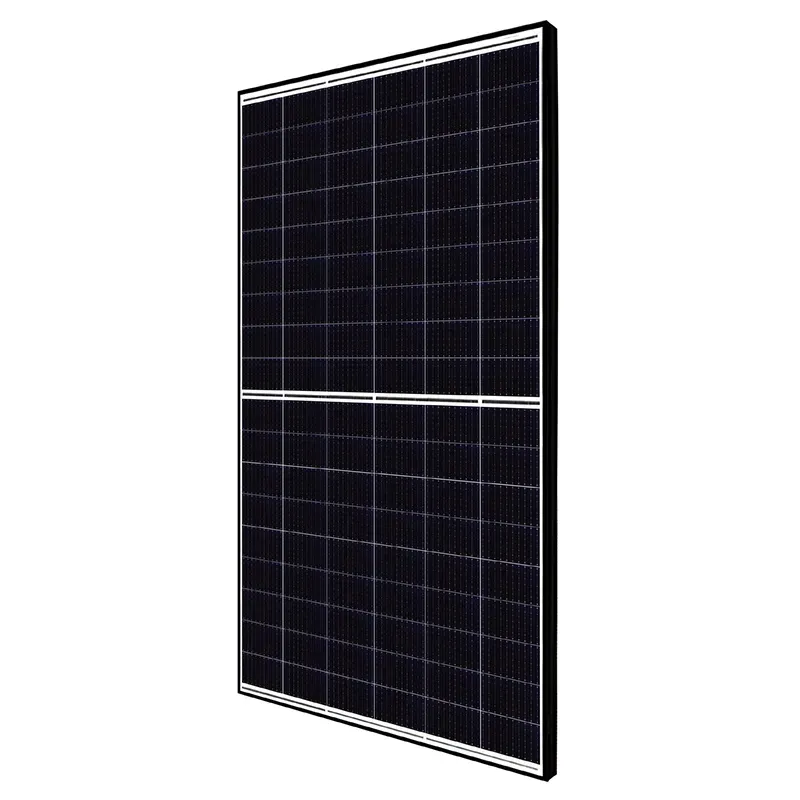Efficient Solar Panels for Home Energy Solutions and Sustainable Living
Harnessing the Sun The Benefits of Home Solar Panels
In recent years, solar energy has emerged as a pivotal player in the quest for sustainable and eco-friendly energy sources. Among various applications, home solar panels have gained significant traction, appealing to homeowners interested in reducing their carbon footprint, cutting energy costs, and embracing renewable technology. This article delves into the benefits of installing solar panels on residential rooftops and explores why this choice is becoming increasingly popular.
The Environmental Impact
One of the primary reasons homeowners are making the switch to solar energy is the positive environmental impact it offers. Traditional energy sources, such as coal and natural gas, release greenhouse gases and other pollutants into the atmosphere, contributing to climate change and air quality deterioration. Solar energy, in contrast, is a clean, renewable source that generates electricity without harmful emissions. By installing solar panels, homeowners can significantly reduce their reliance on fossil fuels and lower their overall carbon emissions. This shift supports global efforts to combat climate change, making solar energy an environmentally responsible choice.
Financial Savings
The financial incentives associated with home solar panels are another compelling reason for their popularity. Although the initial investment may seem daunting, solar panel technology has become more affordable over the years, and various financing options are available to homeowners. Additionally, many governments offer tax credits, rebates, and grants to encourage the adoption of solar energy. In the long run, the savings on electricity bills can be substantial. Once the system is paid off, homeowners can enjoy years of essentially free electricity, making solar panels a wise financial investment.
Moreover, the installation of solar panels can increase property value. Studies have shown that homes equipped with solar energy systems can sell for more than those without. This added value can be an attractive proposition for prospective buyers, leading to quicker sales and higher prices in a competitive real estate market.
Energy Independence
Energy independence is a crucial consideration in today’s world, where energy prices fluctuate due to geopolitical tensions and market dynamics. By investing in solar panels, homeowners can generate their own electricity, reducing their dependence on external power sources and shielding themselves from volatility in energy prices. This self-sufficiency not only provides peace of mind for homeowners but also contributes to a more resilient energy grid.
home solar panel

In regions prone to natural disasters or extreme weather conditions, having a solar power system combined with battery storage can be a lifesaver. Homeowners can maintain power during outages, ensuring that essential appliances remain operational, and security systems stay functional.
Technology Advancements
The solar energy sector has witnessed significant technological advancements, resulting in more efficient and aesthetically pleasing solar panels. Today’s photovoltaic cells can convert sunlight into electricity more effectively than ever before, making it possible for homeowners to generate substantial energy even in less-than-ideal weather conditions. Additionally, the emergence of sleek designs and building-integrated photovoltaics has made it easier for homeowners to incorporate solar technology into their homes without sacrificing aesthetics.
Considerations and Challenges
Despite the numerous benefits, there are considerations to keep in mind when contemplating solar panel installation. Factors such as local regulations, roof orientation, and shading from trees or nearby buildings can influence the efficiency and feasibility of solar panels. Conducting a thorough assessment with a reputable solar provider can help homeowners determine the best approach and system size for their unique circumstances.
The initial installation process can also be complicated, requiring permits and professional assistance. However, once the system is in place, maintenance is relatively minimal, making solar energy a hassle-free long-term investment.
Conclusion
With the dual pressures of climate change and rising energy costs, home solar panels present a practical and impactful solution for homeowners seeking to make a positive difference. The environmental benefits, financial savings, energy independence, and technological advancements all contribute to the growing appeal of solar energy. As society moves towards a greener future, embracing home solar panels is not just a trend—it's a significant step towards creating a sustainable and resilient energy landscape. By taking advantage of solar technology, homeowners can be proactive in both their energy consumption and environmental stewardship, ultimately leading to a brighter, cleaner future.
-
String Solar Inverter: The High-Efficiency Solution for Smart Solar EnergyNewsJul.14,2025
-
Revolutionizing Rooftop Energy with the Power of the Micro Solar InverterNewsJul.14,2025
-
Power Independence with Smart Off Grid Solar Inverter SolutionsNewsJul.14,2025
-
On Grid Solar Inverter: Powering the Future with Smart Grid IntegrationNewsJul.14,2025
-
Monocrystalline Solar Panels: High-Efficiency Power for the Future of Clean EnergyNewsJul.14,2025
-
Bifacial Solar Panel: A Smarter Investment for Next-Generation Energy SystemsNewsJul.14,2025







